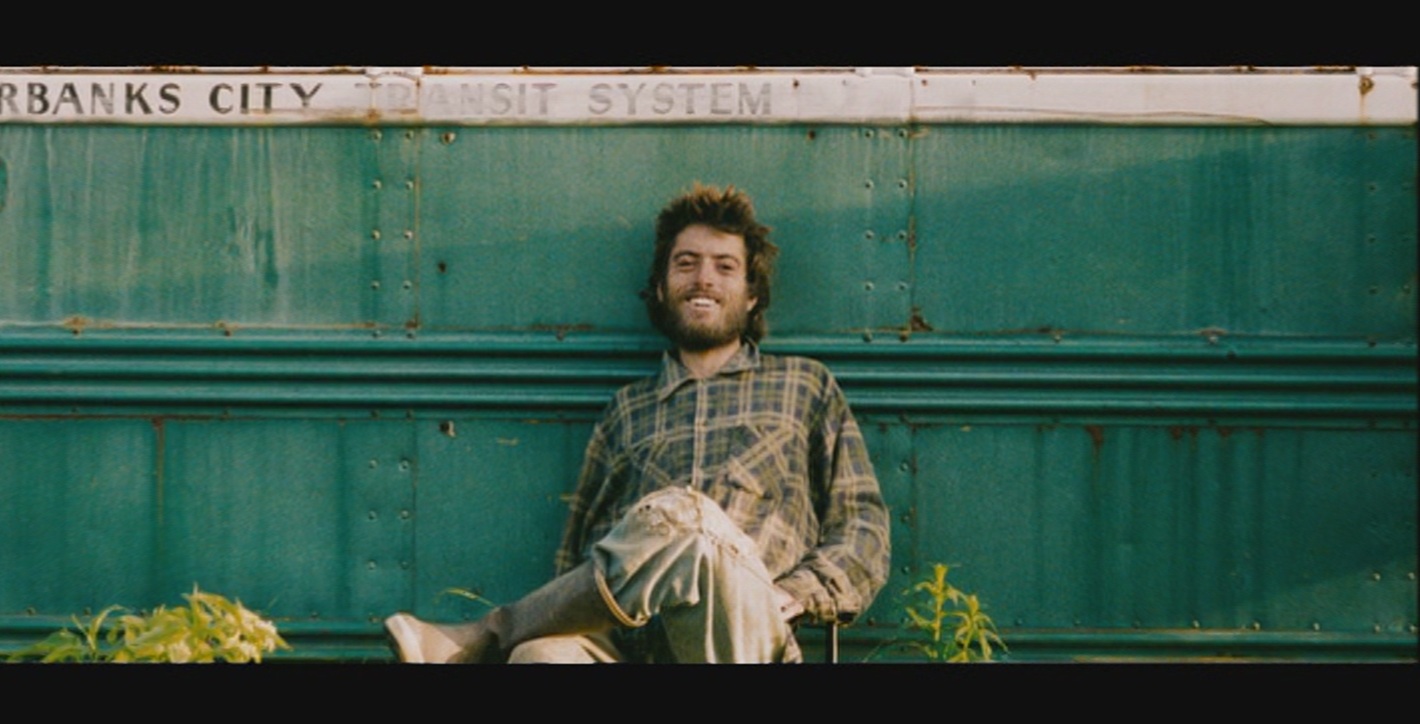Can't believe no one mentioned Ferris Bueller's Day's Off...Matthew Broderick talks directly to the camera for the first five minutes of the movie. Mel Brooks breaks the fourth wall in just about every movie he's made at some point.
Ferris Bueller is mentioned in the very first post.
Just watching Pirates Of The Caribbean and the scene where Sparrow is tied to that post and has fruit chucked at him... and he looks directly into the camera...
It got me thinking... name other movies with similar scenes... I can only think of a handful myself:
It got me thinking... name other movies with similar scenes... I can only think of a handful myself:
- That scene in POTC
- Jumanji, when the kid goes to get an axe from the shed, but it's locked... so he picks up an axe to try to break the shed door down
- Ferris Bueller constantly talking to the camera/audience. Ok, this one is borderline when it comes to a quick scene as it's basically the whole film



